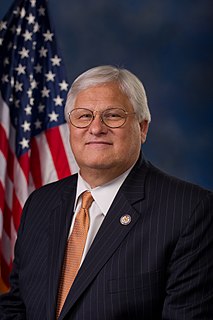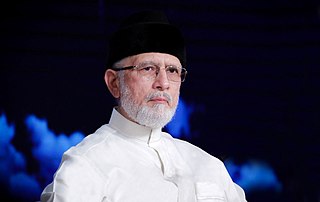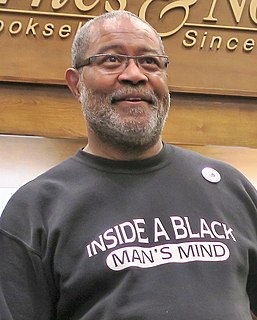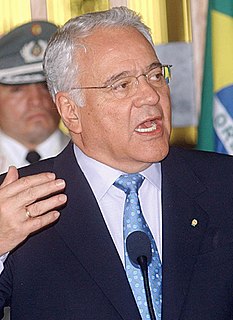A Quote by Patrick Leahy
Since the Sept. 11 terrorist attacks, the number of violent extremist groups has grown across multiple continents. From Syria to Somalia to Pakistan, the United States is combating many of these groups - usually with bombs and missiles. Large numbers of innocent people are invariably caught in the middle.
Quote Topics
Across
Attacks
Bombs
Caught
Caught In The Middle
Continents
Extremist
Extremist Groups
Groups
Grown
Innocent
Innocent People
Invariably
Large
Large Numbers
Many
Middle
Missiles
Multiple
Number
Numbers
Pakistan
People
Since
Somalia
States
Syria
Terrorist
Terrorist Attack
Terrorist Attacks
United
United States
Violent
Related Quotes
The list of American grievances is long: Pakistan developed nuclear weapons while promising the United States that it would not; the United States helped arm and train Mujahideen against the Soviets during the 1980s, but Pakistan chose to keep these militants well armed and sufficiently funded even after the Soviet withdrawal in 1989; and, from the American perspective, Pakistan's crackdown on terrorist groups, particularly after 9/11, has been halfhearted at best.
Bombing embassies or destroying non-military installations like the World Trade Center is no jihad. “[T]hose who launched the Sept. 11 terrorist attacks not only killed thousands of innocent people in the United States but also put the lives of millions of Muslims across the world at risk. Bin Laden is not a prophet that we should put thousands of lives at risk for.
People have been fed misinformation. The fact is that the fighting that is going on on the ground in Syria is with Al Qaeda, with Jabhat al Nusra, with Daesh. The pockets, small pockets, of other groups are usually surrounded by these various extremist groups. . . . Once they stop fighting, there is nothing for the Syrian government to hit other than the terrorist organizations.
Outside events can change a presidential campaign, a president, and the history of the nation: the Iranian hostage crisis, the bombing of the Marine barracks in Beirut, the downing of the helicopter in Mogadishu, Somalia, the suicide attack on the USS Cole, and, of course, the terrorist attacks of Sept. 11, 2001.
Some Pakistanis fought for the Taliban. Pakistani extremist groups provided infrastructural support to Al Qaeda. There was a coming and going of Al Qaeda militants and leaders between Afghanistan and Pakistan for several years. All that has really happened is that Al Qaeda has escaped from Afghanistan come into Pakistan, got in touch with their contacts and friends in these extremist groups, which then provided them with safe houses, cars, and not just in the border areas but also in the cities. Rooting out Al Qaeda in Pakistan now is where the main battle is being fought.
The United States wanted to send its trained rebel groups to Syria to fight ISIS. Out of twenty-five hundred rebels they had trained, only seventy accepted to go to Syria to fight ISIS. Everybody else wanted to go to Syria to fight the government. So you've got to wake up and smell the coffee... The rebel groups have not fired a shot against ISIS.
The United States wanted to send its trained rebel groups to Syria to fight ISIS. Out of twenty-five hundred rebels they had trained, only seventy accepted to go to Syria to fight ISIS. Everybody else wanted to go to Syria to fight the government. So you've got to wake up and smell the coffee. . . . The rebel groups have not fired a shot against ISIS.
































